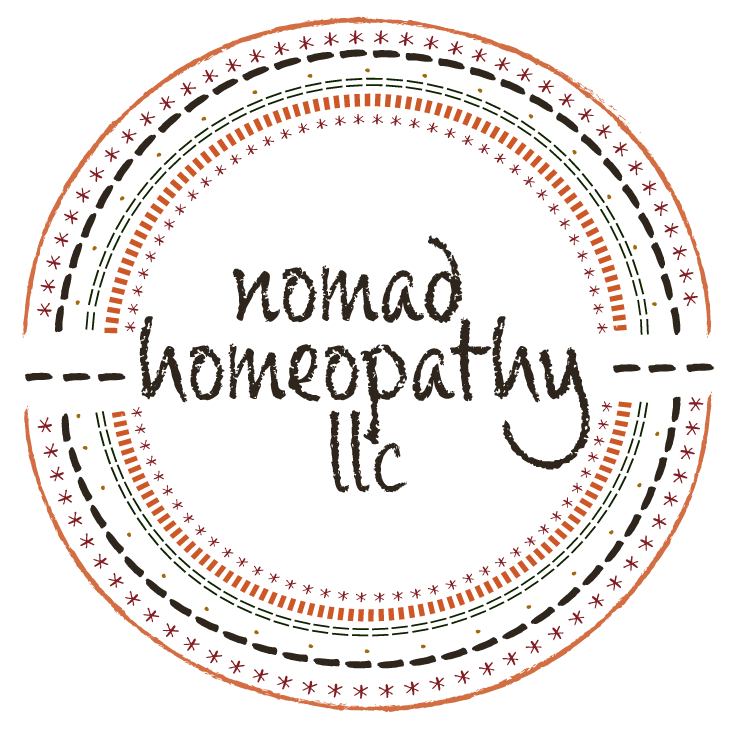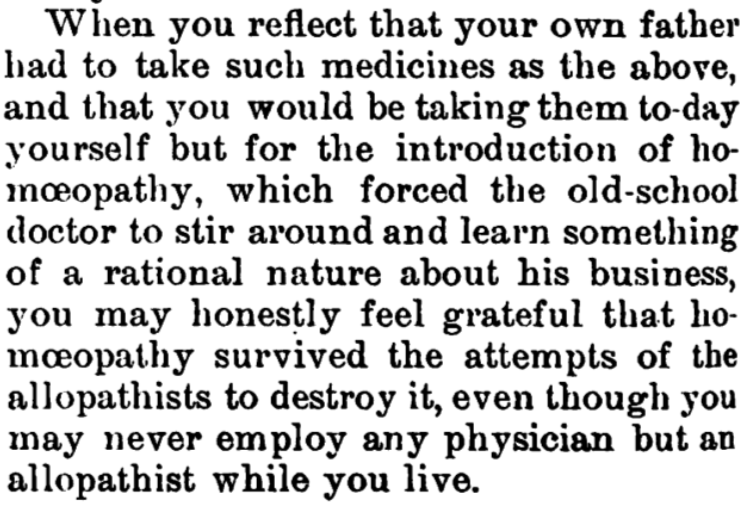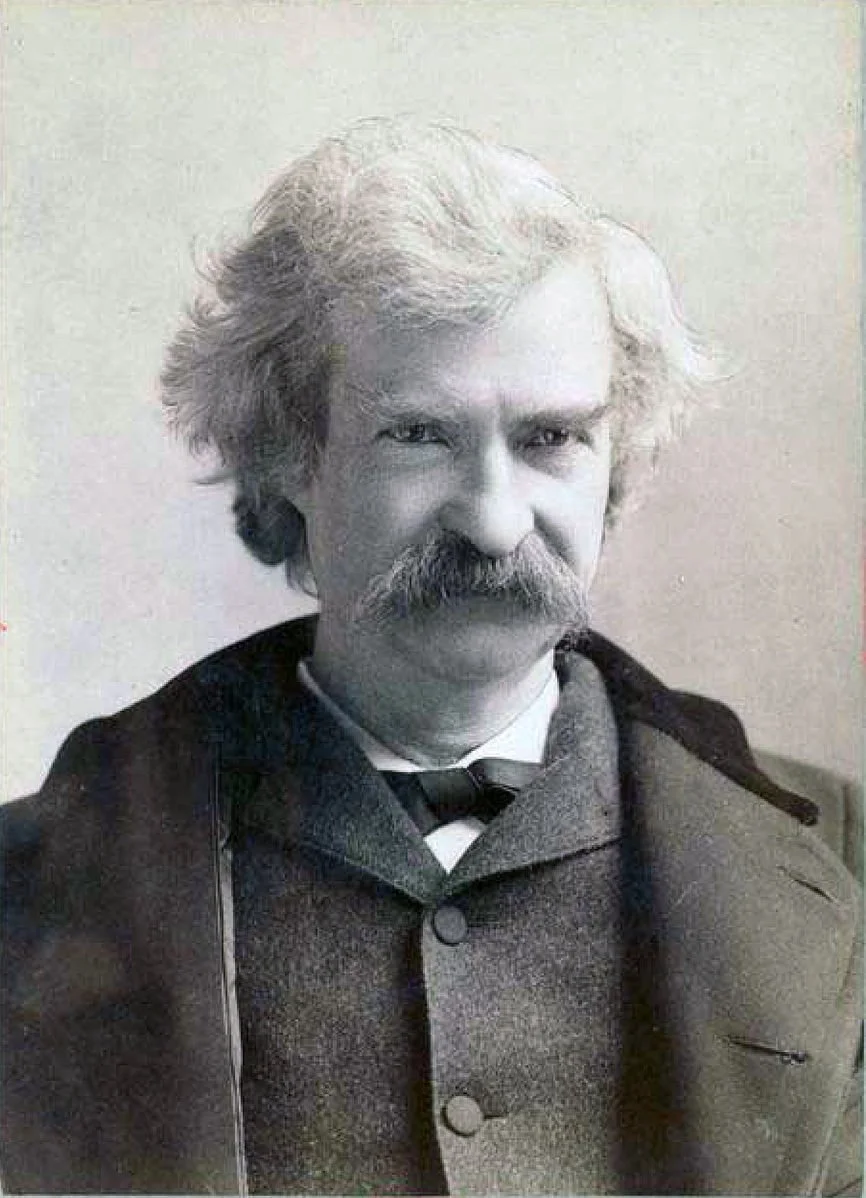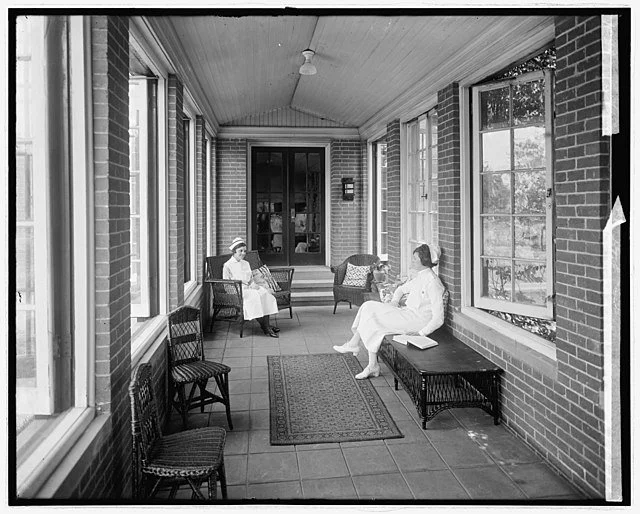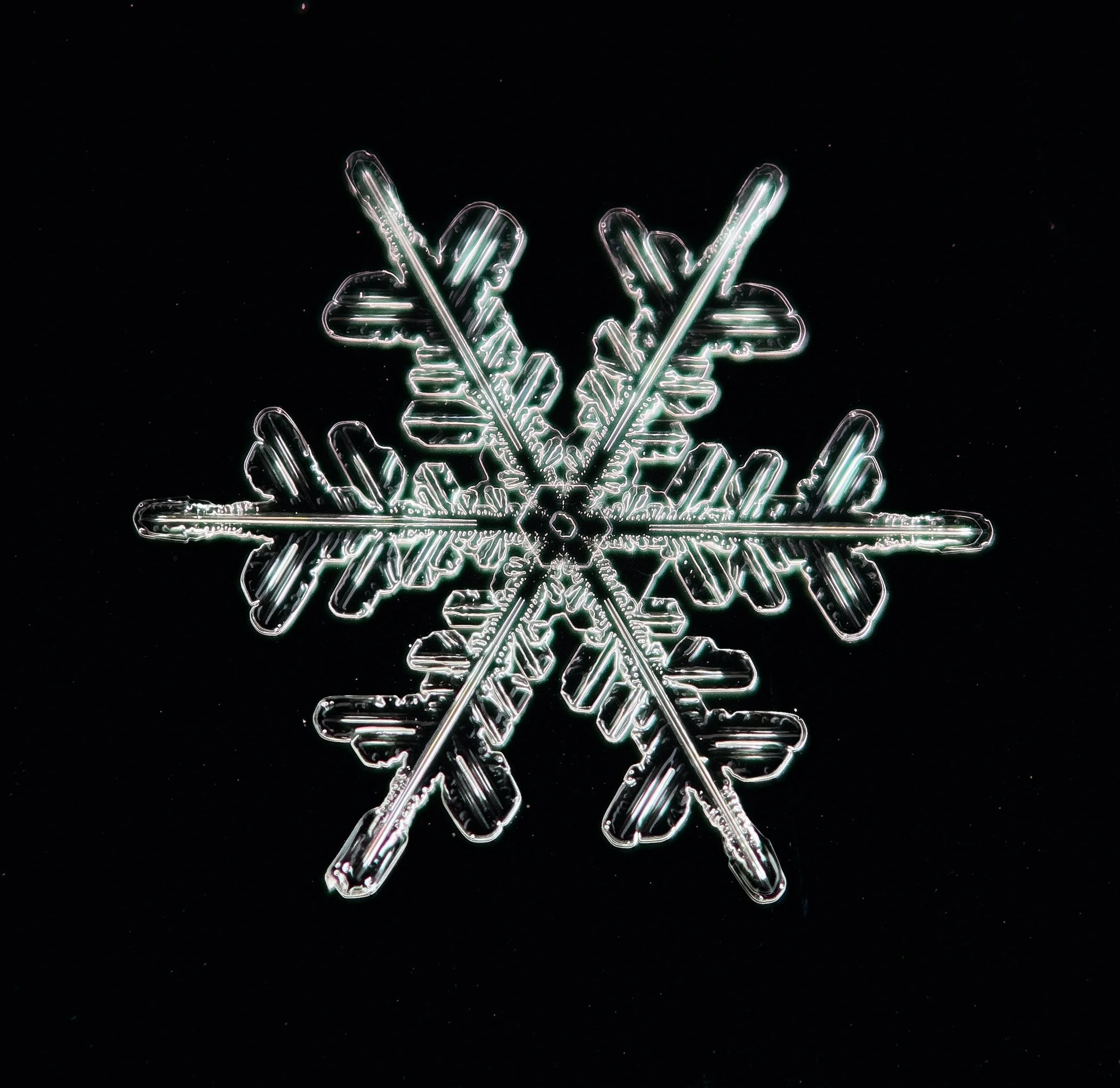Memorial statue of Samuel Hahnemann
Scott Circle, Washington, DC (Photo by R. Doherty)
what is homeopathy?
Homeopathy is a natural system of healing developed by Samuel Hahnemann, a German physician, polymath, and nomad in the late 18th century. He was horrified by the medical practices of his day and spent his career looking for gentler ways to heal his patients.
Based on the Law of Similars, homeopathic remedies are chosen according to how closely they can produce similar physical, mental, and emotional symptoms when given to a healthy person.
This “hair of the dog that bit you” concept is the same sort of logic used for common conventional medical treatments like vaccines, radiation therapy, and even heart medication.
There are many differences between homeopathic remedies and conventional medications, however, including their level of toxicity. Made from natural substances, homeopathic remedies are highly diluted. Instead of chemically altering the body’s processes, homeopathic remedies stimulate the body’s innate ability to heal.
why is homeopathy so great?
Homeopathy is a gentle, inexpensive tool that can be used in both acute and chronic situations to support an individual’s restoration of health and balance. Hahnemann was ahead of his time in many ways. He saw the important links between disease and stress, diet, and the environment. He understood that physical, mental, and emotional symptoms were interconnected and believed that all patients — even those who were mentally ill — should be treated with dignity. He believed that medical treatment shouldn’t cause harmful side effects, and he found that by carefully studying his patients’ individual responses to stress and disease, he could use one homeopathic remedy at a time to restore their health.
Homeopathy spread all over the world by way of immigrants, missionaries, and doctors, including to the United States, because so many saw its healing power as superior to the “heroic medicine” methods common to the era and because of its success in epidemics, such as cholera and scarlet fever.
Mark Twain
Harper’s New Monthly Magazine, v.80, December 1889 - May 1890
Mark Twain in middle life
Napoleon Sarony, Public domain, via Wikimedia Commons
if homeopathy is so great, why haven’t I heard of it?
If you were living in the United States in the mid-to-late 1800’s and into the early 1900’s, you probably would have heard about homeopathy. There were homeopathic medical schools, hospitals, and doctors throughout the country. The monument to Samuel Hahnemann in Washington, DC, dedicated in 1900, is a living testament to the era.
Although homeopathy spread all over the world during Hahnemann’s lifetime, it was controversial from the beginning - not necessarily among the patients who benefitted from it but rather conventional doctors who competed with homeopaths and even among homeopaths themselves. While many doctors of the time were happy to incorporate homeopathic remedies into their practices, some of Hahnemann’s more advanced ideas were poorly understood and ignored as a result. This, of course, enraged Hahnemann, who not only accused conventional physicians of killing patients with their barbaric practices but also criticized homeopaths who did not follow his methods faithfully as being “half homeopaths” and “mongrels.”
Perhaps realizing that the world wasn’t quite ready for his ideas, Hahnemann reportedly told his wife to wait to publish the sixth and final edition of his greatest philosophical work, the Organon of the Medical Art, which contained new insights and instructions on potency. As it turned out, this edition wasn’t published until 1921 — 75 years after his death. As medical science and education improved throughout the 1900’s, homeopathy was gradually left by the wayside, and Hahnemann’s voice was lost.
Homeopathic hospital, Washington, DC,
photo taken between 1910 and 1926
National Photo Company Collection, Public domain, via Wikimedia Commons
While many of Hahnemann’s ideas are now accepted as common knowledge, the part of homeopathy that remains most controversial is ironically the part that also makes it so safe — the high dilution of homeopathic remedies. They are so highly diluted that they are regulated by the FDA in a different manner than pharmaceutical drugs because, when properly manufactured, they are completely nontoxic. In fact, homeopathic remedies are so highly diluted that many commonly used potencies have no detectable molecules of the source substance left in them.
If there are no molecules left, then why do homeopathic remedies still work? Researchers have been trying to figure this out for years, and while the answers may come as our understanding of the structure of water and the behavior of nano particles continues to develop, homeopathy’s mechanism of action remains a mystery.
Physicists are still trying to work out how water molecules form unique snowflakes. Homeopaths are not physicists, but they do rely on the unique way clients present their symptoms to find the right remedy to support them.
Because the mechanism of action is unclear, critics insist that the benefits of homeopathy must derive solely from the placebo effect, which is a real and demonstrable phenomenon of self-healing. The placebo effect is so powerful that pharmaceutical drugs and even surgical procedures often have a tough time showing that they are more effective. The same applies for homeopathy, which almost certainly provides an opening for the placebo effect to take root. There are other aspects of homeopathic care that can also contribute to healing that have nothing to do with the remedy, either — benefits that derive from the therapeutic relationship, the opportunity for clients to self-reflect, and the focus on removing obstacles to cure, including diet and lifestyle issues.
Yet there is still a benefit from the use of homeopathic remedies themselves. Homeopaths and their clients see these benefits all the time and can attest to the difference in response between a well-selected remedy and a poorly selected remedy. I saw it with my cat, who went from hiding under the bed for days to the point where he was knocking on death’s door to eating and drinking as if nothing was wrong within 20 minutes of the right remedy. When he relapsed the next day I got to see the whole process replay itself because the vet switched to a different remedy and nothing happened - he continued his downhill slide. Then, after she switched back to the first remedy and just gave him a second dose, poof! He was better. Two doses of the right remedy were all he needed.
Poof!
There is a growing body of research around the benefit of homeopathy with respect to a wide variety of conditions, including diarrhea, ear infections, hay fever, vertigo, ADHD, depression, respiratory infections, and irritable bowel syndrome. There is also ongoing research looking at clinical outcomes of clients seeking homeopathic care. With the growing numbers of homeopathic practitioners contributing data, the results of these studies will become more robust with time, providing both consumers and policymakers with information they can use to make decisions about the potential value of homeopathy as a valid and cost-effective modality of integrative healthcare.
are homeopaths medical doctors?
Sometimes. In the United States, there are licensed medical doctors (and nurses, osteopaths, naturopaths, dentists, and veterinarians) who have also studied homeopathy. In fact, the American Institute of Homeopathy — the professional organization for medical homeopaths — was established in 1844 and is the oldest national medical association in the United States.
However, the vast majority of homeopaths in the United States are not licensed medical professionals, which means that the goal of a homeopathic consultation is not to diagnose or treat a specific disease. Rather, it is aimed at selecting a remedy that will unlock the body’s own self-healing power.
Because most homeopaths in the United States are not licensed, levels of training and education can vary. Many professional homeopaths — and even some licensed medical professionals seeking in-depth training in homeopathy — seek certification to establish and maintain their credentials, and the Council for Homeopathic Certification is the body setting the standards for classical homeopaths in the United States and Canada. This means that homeopaths (or licensed medical professionals) with the title “CCH” or “Certified Classical Homeopath” have a minimum of:
500 hours of education in the theories and foundation of homeopathy
500 hours of clinical training, with a minimum of 10 chronic cases taken independently, each with two follow-up consultations
One college level course in Anatomy and Physiology
One college level course in Human Pathology
Familiarity and compliance with the CHC’s codes of ethics, client healthcare rights, and fitness to practice.
It is important to understand that while homeopathic remedies are non-toxic, safe when used appropriately, and are often available over the counter, the process of choosing appropriate remedies based on the totality of symptoms in accordance with Hahnemann’s philosophy and managing cases effectively throughout the healing process requires training and practice. Thanks to the recent resurgence in interest in homeopathy in the United States, there are excellent accredited programs that are now available to train aspiring homeopaths. Consider homeopathy as a valuable part of your health care strategy - but not as a replacement for conventional medical care when necessary.
If you are seeking medical care, find a qualified doctor. If you are seeking homeopathic care, find a qualified homeopath.
